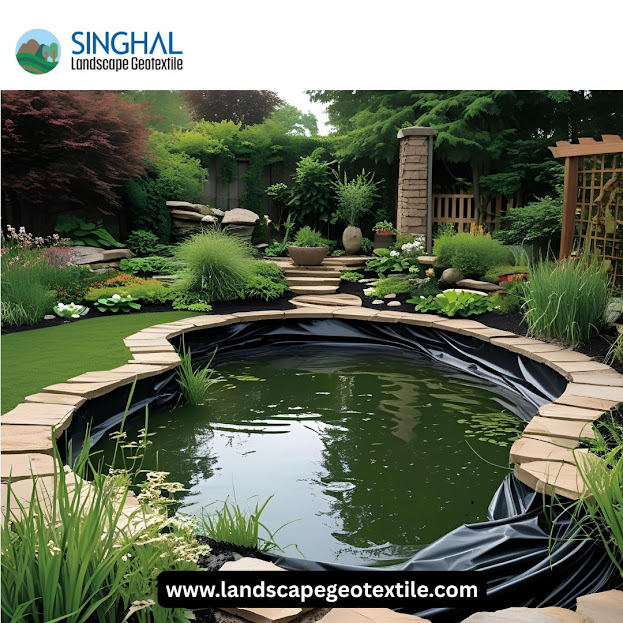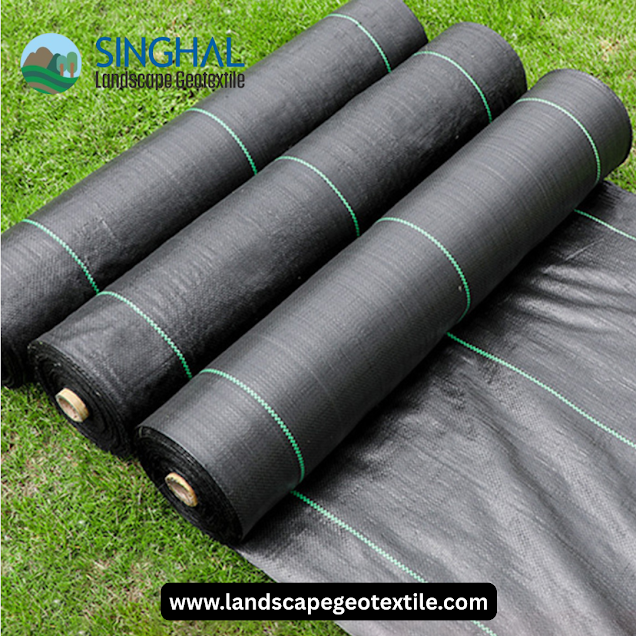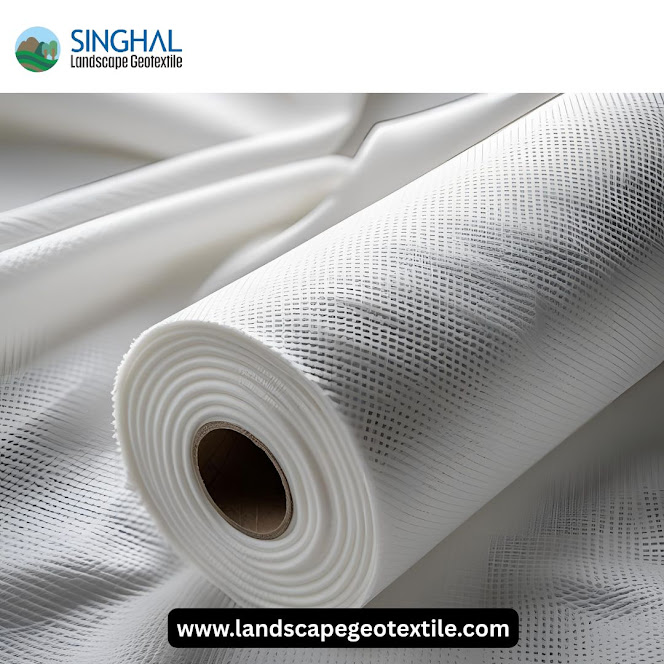Unlocking the Potential of Mulch Film: A Comprehensive Guide for Modern Agriculture
As the world of sustainable farming and productive crop production advances, Mulch film has grown from a niche market to a vital tool for farmers and horticulturists. With a wide variety of mulch film available in various forms, including rolled mulch film, mulch films have many benefits that can help with crop production, soil health, and water conservation. As agriculture develops in sophistication in the future, it will be vital to understand the components, uses, and benefits of mulch film for maximizing productivity and environmental sustainability. Mulch film plays an important role in developing a new farming culture, from individual vegetable gardens to large-scale commercial farms.
What Is Mulch Film and Why Is It Important?
Mulch film is commonly referred to as plastic mulch. It is a thin durable sheet usually made from polyethylene or other polymer. Plastic mulch film is placed over soil to create a protective environment that affects the conditions around a plant's roots. The main purpose of mulch film is to suppress weeds, retain soil moisture, regulate soil temperature, and reduce soil erosion. Mulch film is flexible enough to be applied to various crops like tomatoes, strawberries, peppers, and flower plants. Using a mulch film roll is more convenient for many farmers, as it can be placed onto the field calendar per the size of the field or the crop being grown. A roll of plastic mulch film is easier to transport and store and deploy, as it can be loaded on a trailer to move to the land and rolled out on the land very conveniently.
Types of Agricultural Mulch Film and Their Benefits
There are many types of agricultural mulch film for nearly every farming situation. For example, clear or translucent mulch film can be used to improve light penetration to the crop to allow an earlier crop establishment with better potential for higher yields. Black mulch film is a good option for weed control and soil temperatures for growing crops, particularly in a cooler environment. Colored mulch films, such as red or silver, are incorporated to change light reflection to affect plant growing patterns. The overall choice of mulch film will depend on crop type, climate and soil conditions. Farmers tend to select high-quality mulch film to make sure it last through the growing season and operate as they should.
Advantages of Using Mulch Film in Modern Agriculture
Mulch film presents many benefits resulting in productive and sustainable farming. As an initial factor, one of the most important benefits mulch film generates is weed suppression, which not only reduces the total amount of herbicides applied to a farmer's field, but also minimizes the need for hand weeding and therefore lessens the total labor costs incurred and the environmental impact. The second benefit is that mulch film decreases evaporation from the soil surface and therefore can contribute to water conservation efforts, which is important to farmers in arid regions. The third benefit is that mulch film facilitates the maintenance of stable soil temperatures which is conducive to seed germination and plant growth.
Choosing the Right Mulch Film Roll for Your Farm
Selecting the Black plastic mulching film is impacted by some factors include crop type, climate, soil condition, or management practices. An example would be a farm in a hot and dry area might want black mulch for weed suppression and warming the soil, where in a cooler climate one would want clear mulch for maximizing light. Thickness also matters, thicker mulch film rolls tend to last longer and endure mechanical damage better than thinner, however can be more expensive. Always source your mulch film from reputable mulch film manufacturers that follow environmental safety practices including UV resistant and recyclable. Use proper installation methods, including anchoring edges and working from the ground.
Environmental Considerations and Sustainable Alternatives
Despite many advantages of a mulch film, plastic waste and environmental concerns can lead growers and manufacturers to look for sustainable alternatives. The biodegradable mulch films based on natural plant polymers are gaining traction in the polymer industry and are a suitable eco-friendly alternative. These biodegradable mulch films will break down naturally at the end of the season, reducing plastic waste and benefiting disposal. Furthermore, biodegradable mulch films must meet rigorous performance standards for crop cycle durability and overall biodegradation. Recyclable mulch films are another option and provide a way for farmers to reuse salvageable materials to reduce plastic waste.
Conclusion: Embracing Innovation for a Sustainable Future
In conclusion, Biodegradable plastic mulch film - especially mulch film provided in the many different mulch film roll options — is changing modern agriculture, providing increased crop yields, conserving water, protecting our environment, and cutting the use of chemicals. The many functionalities of mulch film such as weed suppression and ground temperature control are becoming important components of everyday farm practices. As technology changes and advances forward, it will be important to focus on sustainable and environmentally conscientious options like biodegradable mulch film or recyclable materials as mulch films. Farmers and growers need to choose reputable mulch film manufacturers and mulch film products that play a role towards sustainable farming practices along with performance.
Frequently Asked Questions
1. Who is the largest manufacturer of Mulch Film? Singhal Landscape Geotextile is recognized as one of the leading manufacturers specializing in high-quality mulch films. While there are several prominent mulch film manufacturers globally.
2. Are all mulch films environmentally safe?
Not all mulch films are environmentally friendly. Traditional polyethylene films can contribute to plastic waste, but biodegradable and recyclable options are now available that reduce environmental impact.
3. How long does a typical mulch film last during a growing season?
Most standard mulch films last through a single growing season, with durability depending on thickness, material quality, and environmental conditions. Thicker and high-quality films tend to last longer.



.jpg)
Comments
Post a Comment